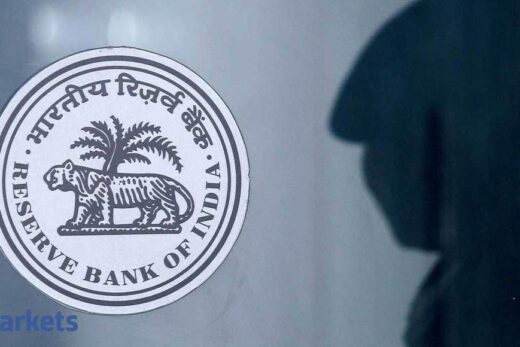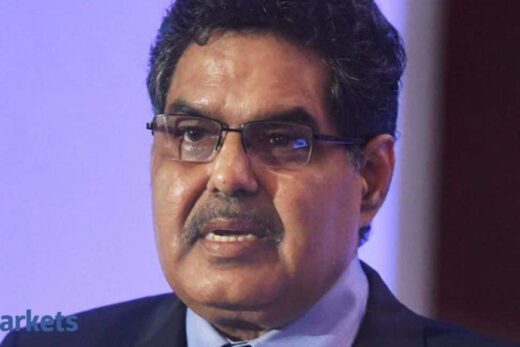“In the forthcoming years, Sebi will be implementing major information technology (IT) projects, which are critical to its day-to-day operations and its mandate,” the capital market regulator said in its annual report for 2020-21.
Sebi said it is planning to implement various analytical models based on artificial intelligence and machine learning as well as rule-based algorithms. The regulator is planning on implementation of analytics based on unstructured data on its Data Lake platform.
“These will be used by various operational departments of Sebi for surveillance, investigations and inspections on the one hand and policy-making and processing of applications on the other,” Sebi said.
Given the rise in cyber theft and hacking incidents on financial market institutions in recent years, the capital market regulator said it would conduct vulnerability and penetration testing for all its information technology systems.
“Further, Sebi will also perform external penetration testing of public domain websites of MIIs and select securities market intermediaries in order to proactively advise these entities on strengthening their cyber security,” the regulator said.
In its effort to further assimilate technology in its regulatory process, the market regulator said it would use technology to simulate human intelligence to further refine its fraud alert system. Currently, over 550 crore daily orders in the Indian capital market making data the backbone of the financial market in the country.
“The future of surveillance will entail further deployment of technology to detect more complex and evolving manipulation techniques by fraudsters,” the regulator said.
In a demonstration of the rising use of technology in surveillance, Sebi said it has created a separate division for automation of inspection of mutual funds. “The division aims to add new alerts and cover the entire gamut of quantitative aspects of inspections. Further, in-spirit violations would also be identified and added for surveillance,” Sebi said.



